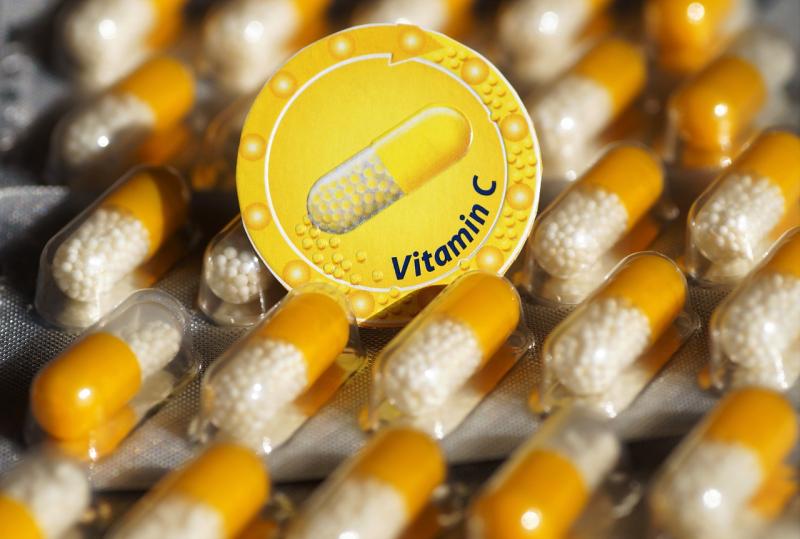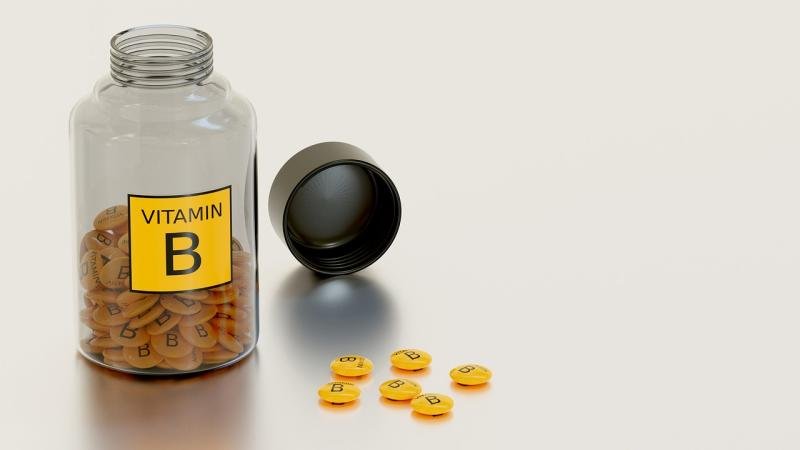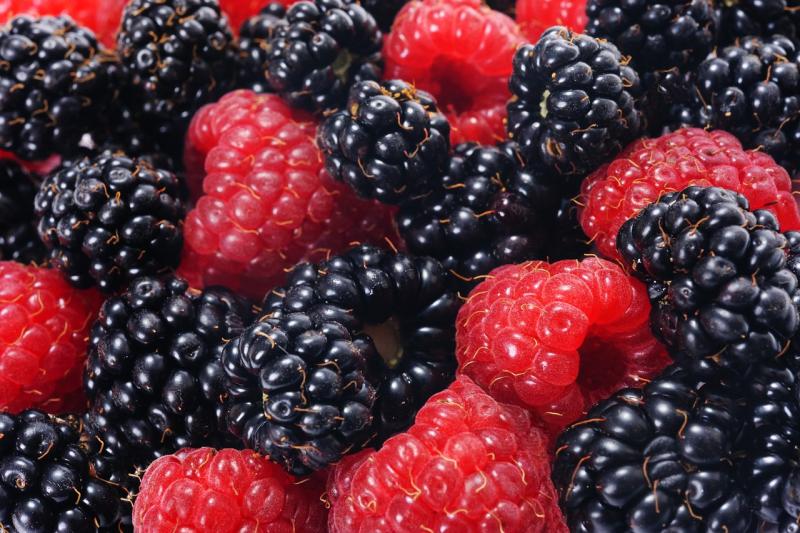Vitamins have an intriguing backstory that goes way back in history. In the early 20th century, scientists began to uncover the vital role these micronutrients play in keeping us healthy. It all kicked off with a realization that certain diseases were related to our diets. For example, sailors on long voyages often developed scurvy because they didn't get enough vitamin C from fresh fruits and veggies. This revelation sparked interest and research in the world of vitamins.
During the early 1900s, researchers like Frederick Frederick Hopkin and Casimir Funk made significant breakthroughs. They identified and named various vitamins, often after letters in the alphabet. Vitamin A, B, C, and D quickly became household names, each linked to specific health benefits. Soon enough, the connection between vitamins and overall health became clearer. People started to understand how crucial these nutrients were for preventing diseases.
As the years rolled on, vitamin research expanded. The 1930s and 1940s saw a surge in discovery, with scientists isolating different vitamins and understanding their structures. For instance, vitamin D, which helps with calcium absorption, became known for its role in fighting rickets. This period marked a turning point, leading to the development of supplements which made it easier for people to get their daily dose of essential nutrients.
Fast forward to today, vitamins aren't just for preventing diseases anymore. They're now part of our wellness journey. People are reaching for vitamins to boost energy levels, improve mood, and support overall well-being. From gummies to capsules, there's a whole range of options. As we continue to learn more about the benefits of vitamins, it seems like their journey is just getting started. Who knows what new discoveries lie ahead?
How Vitamins Changed Health Practices
Vitamins have had a huge impact on health practices over the years. Back in the early 20th century, scientists started discovering these important nutrients and realized just how essential they are for our health. They learned that a lack of certain vitamins could lead to serious health issues. So, the push for vitamins in our diets began!
One of the first big breakthroughs came with the discovery of vitamin C and its effect on scurvy. Sailors used to suffer from this disease during long sea voyages since their diet lacked fresh fruits and vegetables. Once they figured out that citrus fruits could prevent scurvy, it changed everything. Suddenly, people started paying attention to their vitamin intake, leading to better diet choices.
As research advanced, more vitamins were identified, each playing unique roles in our bodies. B vitamins were linked to energy levels and brain health. Vitamin D got attention for its critical role in bone health and immunity. With this knowledge, health experts began encouraging richer, varied diets. They pushed the idea that getting vitamins from food is the best way to stay healthy.
The introduction of vitamin supplements brought even more changes. People started popping multivitamins daily, thinking it was an easy fix for their health. While they can help fill gaps in nutrition, health pros now suggest being mindful about relying solely on pills instead of natural sources. Balance is key, and fresh foods still have a lot to offer!
Vitamins in Ancient Cultures
Vitamins have played a role in human health for centuries, long before we understood them as essential nutrients. Ancient cultures knew that certain foods helped treat ailments and boost well-being. For instance, in Egypt, the healers used herbs and food to treat various diseases. They recognized the power of certain plants in preserving health.
Over in China, traditional medicine valued foods rich in nutrients. They believed that a balanced diet could help maintain harmony in the body. For example, they used goji berries, which are high in vitamins A and C, to boost immunity and improve vitality.
The Greeks also made connections between diet and health. Hippocrates, often called the father of medicine, emphasized the importance of nutrition. He knew that a well-rounded diet could support health, and he included fruits, vegetables, and grains, which are naturally rich in vitamins.
In the Americas, indigenous peoples relied on their environment for nutrition. Native Americans consumed berries and nuts that provided essential vitamins. They understood that these foods kept them strong and healthy, even if they didn’t know the science behind it.
As you can see, ancient cultures understood the link between food and health long before modern science confirmed it. They lived by the principle that what you eat matters, setting the stage for our understanding of vitamins today.
Modern Discoveries and Future Trends
Fast forward to today, and the world of vitamins is buzzing with excitement. Scientists are diving deep into the tiny details of vitamins, discovering new ways to enhance their benefits. For instance, researchers are looking at how certain vitamins can boost immunity or improve mood. It’s not just about preventing deficiencies anymore; it’s about unlocking the full potential of what these nutrients can do for us.
One of the coolest trends is personalized nutrition. Imagine getting a vitamin regimen tailor-made just for you, based on your genetic makeup and lifestyle. Companies are using tech to analyze your unique needs, so you only take what your body truly benefits from. This makes vitamin intake more efficient and effective than ever before.
We’re also seeing a rise in plant-based and whole-food supplements. More folks are turning to natural sources for their vitamins instead of synthetic options. Brands are popping up that focus on whole-food nutrients, like algae or mushrooms. These options often come packed with additional health benefits, making them a smart choice for those looking to go green.
Lastly, let’s talk about delivery systems. Gummies, powders, and even drink mixes are bringing vitamins into our daily routines in fun and tasty ways. Forget about those giant pills that are tough to swallow. With these new formats, getting your daily dose can feel like a treat rather than a chore.



